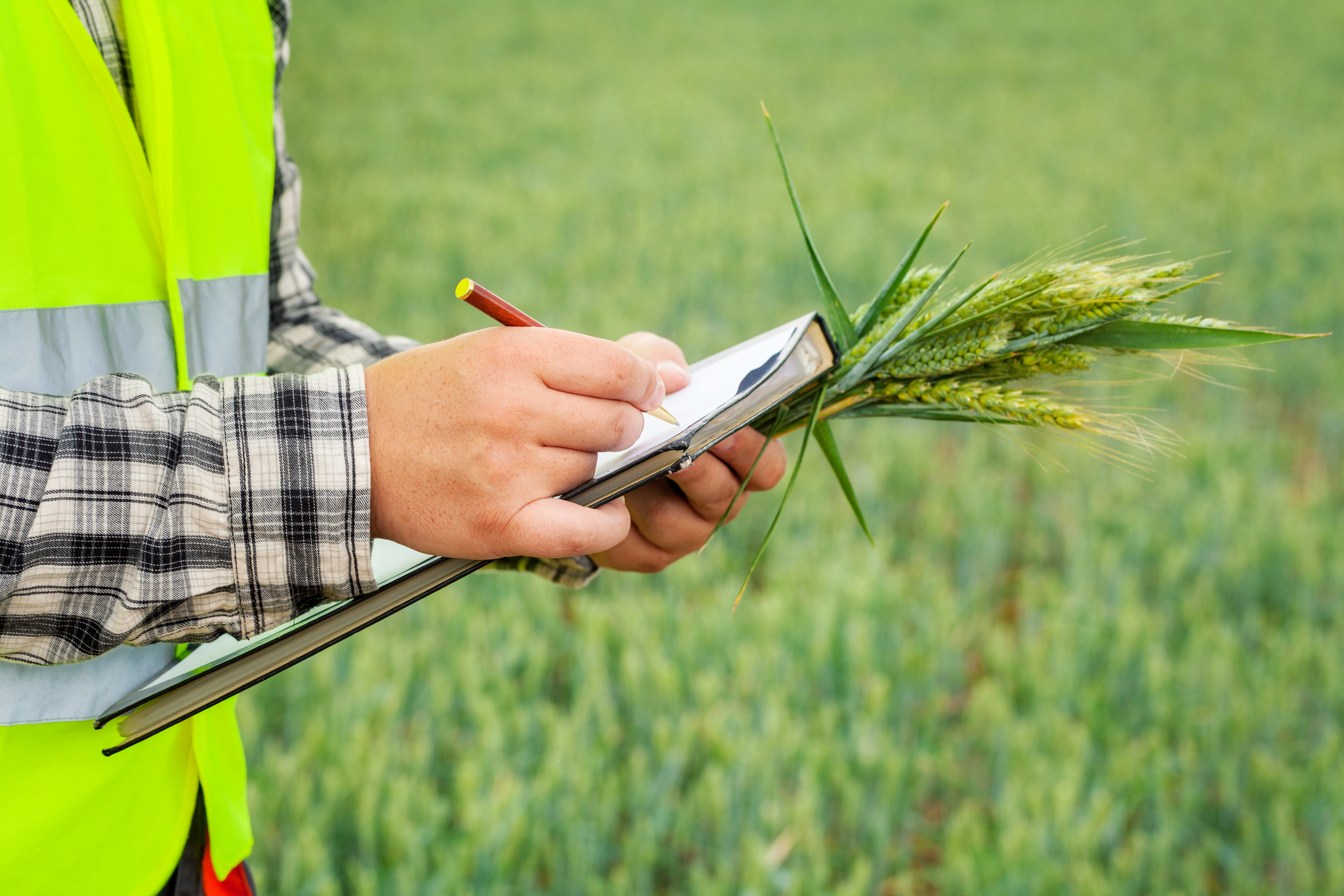In the vast and dynamic landscape of agricultural finance, the infusion of Artificial Intelligence (AI) is orchestrating a paradigm shift, ushering in a new era of modern bookkeeping tailored to the unique demands of the farming industry. As farmers contend with the intricacies of financial management in a rapidly evolving sector, AI emerges as a powerful ally, promising streamlined operations, enhanced accuracy, and data-driven decision-making.
[caption id="attachment_696" align="aligncenter" width="300"]

Embracing the digital harvest: AI transforms agricultural finance, cultivating efficient bookkeeping, precise financial insights, and fostering growth for farming enterprises.[/caption]
Streamlining Farm Financial Workflows
Agricultural businesses, characterized by a myriad of financial transactions related to crop cultivation, equipment acquisition, and operational expenses, face inherent complexities. AI steps in to automate labor-intensive bookkeeping tasks, reducing the burden on farmers and introducing efficiency. By automating data entry, categorization, and reconciliation, AI allows farmers to focus more on cultivating their crops and less on managing paperwork. The result is increased operational efficiency, minimized errors, and heightened productivity.
Precision in Crop Yield Analysis
One of AI's pivotal roles in agricultural finance is its ability to deliver precise insights into crop yields. By harnessing the power of AI to analyze diverse data sources such as weather conditions, soil health, and historical crop performance, farmers gain accurate predictions of future yields. This transformative capability not only enhances the accuracy of financial forecasting but also enables farmers to optimize agricultural practices based on data-driven insights.
Real-time Financial Visibility
AI-driven bookkeeping tools provide farmers with the invaluable advantage of real-time financial visibility. Traditional bookkeeping processes often involve delays in data processing and reporting. AI, on the other hand, operates in real-time, offering farmers up-to-the-minute insights into their financial data. This level of immediacy empowers farmers to monitor expenses, track income, and make informed decisions promptly. Real-time financial visibility enhances control and agility, allowing farmers to adapt swiftly to changing market conditions.
Risk Mitigation and Financial Planning
Beyond automation, AI's predictive capabilities play a crucial role in mitigating risks and aiding financial planning for farmers. By analyzing historical data, market trends, and external factors that may impact agricultural outcomes, AI empowers farmers to anticipate challenges and strategize proactively. This not only minimizes the impact of unforeseen events but also contributes to the overall resilience and sustainability of agricultural operations.
In conclusion, the integration of AI in agricultural finance represents a transformative journey toward modernized bookkeeping practices. From streamlining workflows to providing precision in crop yield analysis, offering real-time financial visibility, and facilitating risk mitigation, AI is reshaping the financial landscape for farmers. By understanding and harnessing the power of AI in bookkeeping, the farming industry stands poised for a future of increased efficiency, sustainability, and financial success.
For updates, check
AACON. For more information, contact Rosie at
letsgrownext@aacon.io.

 Embracing the digital harvest: AI transforms agricultural finance, cultivating efficient bookkeeping, precise financial insights, and fostering growth for farming enterprises.[/caption]
Embracing the digital harvest: AI transforms agricultural finance, cultivating efficient bookkeeping, precise financial insights, and fostering growth for farming enterprises.[/caption]
 Embracing the digital harvest: AI transforms agricultural finance, cultivating efficient bookkeeping, precise financial insights, and fostering growth for farming enterprises.[/caption]
Embracing the digital harvest: AI transforms agricultural finance, cultivating efficient bookkeeping, precise financial insights, and fostering growth for farming enterprises.[/caption]

